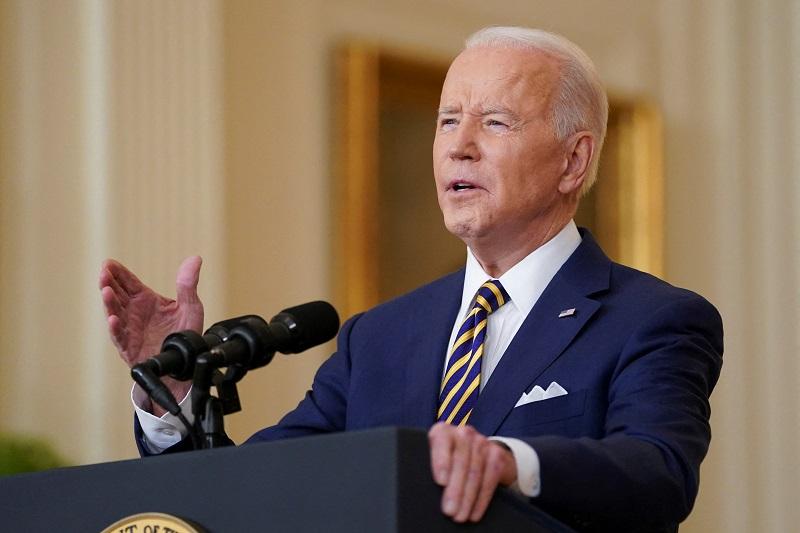A series of interest rate increases and surging food and fuel prices in 2022 have already started to cool the boom seen in South Africa’s housing market over the past two years.
The housing market emerged as a bright spot in the economy since the early days of the Covid pandemic, with ultralow interest rates driving up the number of property purchases and elevating house prices.
First-time home buyers entered the housing market in their droves and existing homeowners upgraded into more spacious homes, resulting in the value of property sales in SA more than doubling from R69-billion in 2020 to R153-billion in 2021.
Housing sales are expected to surpass R156-billion in 2022.
But there are signs that the two years of exuberance in the housing market are coming to an end, with business predicted to slow in 2023 due to interest rates that are set to continue increasing, and the unrelenting rise in the cost of living.
Although the total value of property sales continues to increase, the number of residential property transfers registered in the deeds offices has been on a downward trend in 2022.
The latest figures from data analytics group Lightstone show that the number of residential transfers registered in the third quarter of 2022 dropped to 60,700, down from the second quarter’s 77,880 and the first quarter’s 129,642. That represents a more than 20% decline quarter on quarter.
Industry players argue that this doesn’t necessarily mean that the housing market is crashing, but it is correcting in response to higher interest rates, which have made borrowing more expensive and impacted on home-buying patterns.
Housing market pressures
Property sales started to taper off at a faster rate from July this year when the South African Reserve Bank increased interest rates by 0.75% – the first large hike since the central bank started lifting rates in November 2021.
Since then, interest rates have increased by a cumulative 3.5%, taking the interest that commercial banks charge on home loans (known as the prime lending rate) from a near 50-year low of 7% to 10.5%. This interest rate has reached pre-pandemic levels.
FNB economist Siphamandla Mkhwanazi says the interest rate increases, coupled with higher living costs, have impacted on consumer affordability levels, resulting in lower demand for properties. Mkhwanazi expects home-buying patterns – or the number of properties transferred – to continue declining in 2023.
Supporting Mkhwanazi’s views is Adrian Goslett, the regional director of RE/MAX Southern Africa, who says there is likely to be a 10% decline in the number of properties transferred in 2023.
The good news for homeowners is that house prices across South Africa are still rising – although at a slower rate. According to FNB, house prices grew on average by an unchanged rate of 3.4% in July and August 2022, down from the peak of 5.1% recorded in April 2021 at the height of the Covid lockdown.
FNB’s expectations on house prices remain rather optimistic, as the bank expects average growth in house prices of 3.5% in 2022 and 3.4% in 2023, slightly down from 2021’s 4.2%.
RE/MAX’s Goslett is more bullish, saying house prices are likely to grow by roughly 4% nationally in 2023.
This may seem counterintuitive considering that the economy remains weak, household finances are under pressure, unemployment levels are high and interest rates might rise by a further 1% over the next six months.
Visit Daily Maverick’s home page for more news, analysis and investigations
A driver of growth
But FNB’s Mkhwanazi argues that the housing market will remain resilient and healthy in 2023 because banks are still extending mortgages at attractive terms, which will be supportive of home-buying patterns.
There is fierce competition among commercial banks and they want to grow their market share in the mortgage market by extending home loans.
Underscoring this is that figures from mortgage originator ooba show that the extension of mortgage loans to consumers grew by a “healthy and resilient” 7.1% in August compared with a year ago.
Commercial banks continue to grant home loans at attractive interest rate concessions (reductions in interest rates), at an average prime lending rate minus 0.3% in the third quarter. Before the pandemic, banks were typically offering home loans with an interest rate of prime plus 2%. Commercial banks are also demanding smaller upfront cash deposits on home loans.
Samuel Seeff, chair of Seeff Property Group, says consumers in the affordable and middle-priced housing market, with homes typically valued below R3-million, are expected to be the most sensitive to interest rate increases, which will have an impact on their affordability and home-buying activity.
It has already happened, as mortgage applications by first-time buyers (typically purchasing affordable homes) as a percentage of total applications are now below 50% compared with 60% in mid-2020.
Seeff expects stronger sales in properties valued above R3-million, as buyers in this segment are less sensitive to rate hikes.
The interest rate increases, coupled with higher living costs, have impacted on consumer affordability levels, resulting in lower demand for properties. DM168
This story first appeared in our weekly Daily Maverick 168 newspaper, which is available countrywide for R25.

![]()
Note: This article have been indexed to our site. We do not claim legitimacy, ownership or copyright of any of the content above. To see the article at original source Click Here












